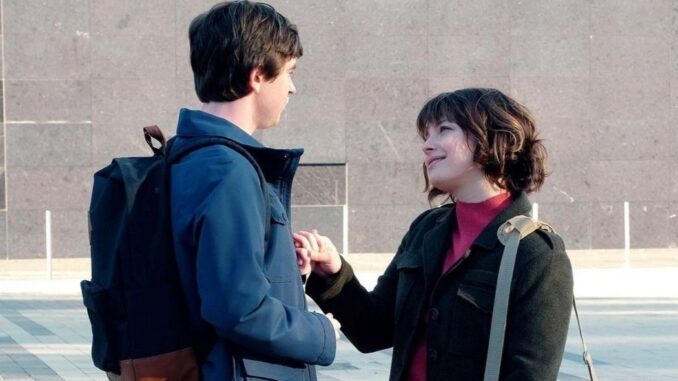
At the center of “The Good Doctor” is Dr. Shaun Murphy, a young surgeon with autism and savant syndrome. Played brilliantly by Freddie Highmore, Shaun’s character has transformed how audiences think about neurodiversity. Instead of portraying autism as a limitation, the series shows it as a different lens through which the world—and medicine—can be understood.
But the show’s innovation goes beyond Shaun’s diagnosis. It uses the medical drama format to explore ethics, relationships, and systemic challenges in healthcare. Each episode isn’t just about saving lives. It’s about asking hard questions: How do we define empathy? What makes a good doctor? How do institutions adapt—or fail to adapt—to those who don’t fit the mold?
One of the series’ greatest strengths is its willingness to challenge both its characters and its viewers. Shaun’s brilliance is never in doubt, but his bedside manner, communication style, and emotional growth are all under the microscope. This isn’t a show about perfection—it’s a show about progress. And that progress is messy, uncomfortable, and beautifully real.

The show also offers a fresh take on medical mentorship. Characters like Dr. Aaron Glassman and Dr. Audrey Lim aren’t just authority figures—they’re complex individuals navigating their own flaws and vulnerabilities. Their relationships with Shaun are central to the show’s emotional core. Through them, we see what true mentorship looks like: not just teaching, but learning alongside your students.
From a production standpoint, “The Good Doctor” excels at balancing intense medical cases with deeply personal storylines. An episode might begin with a rare surgical procedure and end with a quiet moment of self-discovery. That balance is key to the show’s emotional power. It’s not just about what happens in the operating room. It’s about what happens when the scrubs come off.
Another aspect that sets the series apart is its ensemble cast. Characters like Claire Browne, Alex Park, Morgan Reznick, and Dr. Lim each bring unique perspectives to the hospital floor. Their personal struggles—from dealing with grief and chronic illness to navigating workplace politics—make the show relatable and grounded. And their interactions with Shaun highlight the many ways people can grow when they choose empathy over judgment.
Critically, “The Good Doctor” has sparked conversations outside of entertainment. Autism advocacy groups have praised the show for increasing visibility and challenging stereotypes. Schools and workplaces have used episodes as teaching tools to promote inclusion. The show’s impact goes beyond the screen—it’s influencing how people think, talk, and behave.
Awards and nominations further reflect its success. Freddie Highmore’s performance has earned widespread acclaim, with Golden Globe nominations and fan accolades. But more importantly, the show has won something deeper: the loyalty and gratitude of viewers who see themselves—or someone they love—reflected in Shaun’s story.
And it’s not just about representation. “The Good Doctor” is a masterclass in storytelling. Its writers consistently deliver narratives that are emotionally resonant and intellectually challenging. Whether exploring racial disparities in healthcare, mental health stigmas, or the limits of medical technology, the show never settles for easy answers.
In a landscape crowded with formulaic dramas, “The Good Doctor” dares to be different. It dares to say that brilliance comes in many forms. That empathy isn’t always loud. That healing is about more than scalpel skills—it’s about listening, adapting, and caring.
By breaking barriers in how it tells stories, the show has become a cultural touchstone. It invites us to question our assumptions—not just about doctors, but about humanity itself. In Shaun Murphy, we don’t just see a doctor. We see a revolution in how difference is portrayed and embraced.
And that is what elevates “The Good Doctor” beyond entertainment. It’s not just a show. It’s a movement—a gentle, persistent reminder that healing begins with understanding, and that the best doctors are those who never stop learning.
